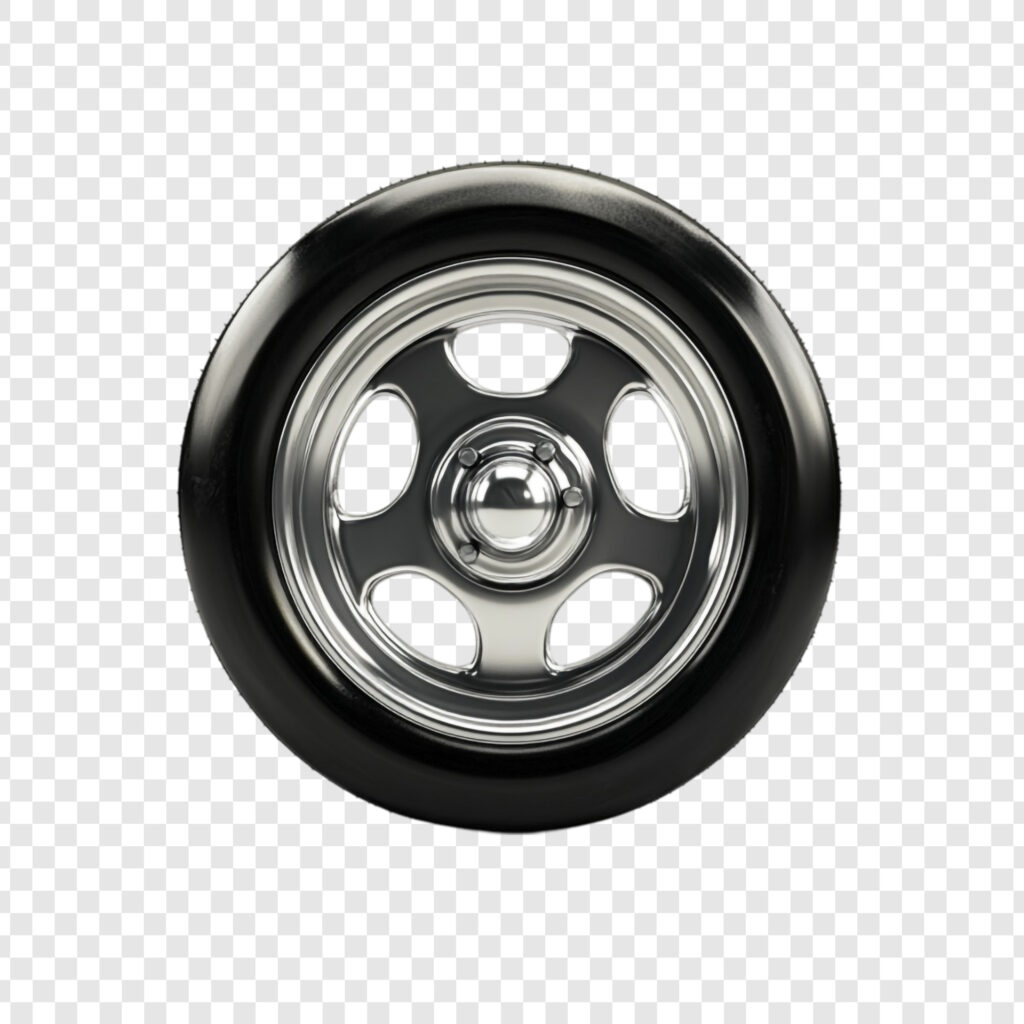Introduction
When it comes to industrial and commercial mobility solutions, choosing the right type of caster wheel is crucial. A fixed caster wheel is a fundamental component in material handling equipment, ensuring stability, durability, and ease of movement. Unlike swivel casters, which rotate in multiple directions, fixed casters provide a straight-line movement, making them ideal for applications that require controlled navigation and load-bearing capabilities.
Fixed caster wheels are commonly used in warehouses, manufacturing facilities, hospitals, and retail environments where heavy loads need to be transported safely. Their robust construction and ability to support significant weight make them an essential part of carts, racks, and machinery. This article delves into the benefits, applications, materials, and considerations when selecting fixed caster wheel.
Understanding Fixed Caster Wheels
A fixed caster wheel is designed to move in a straight path, offering excellent stability and control. These wheels are mounted on a rigid frame, preventing them from swiveling. This feature makes them ideal for applications that require precise directional movement, such as conveyor systems, assembly lines, and heavy-duty transport carts.
Compared to swivel casters, fixed casters provide superior weight-bearing capacity and are often combined with swivel casters to create a hybrid system for maneuverability and load control. This combination ensures efficiency in industrial and commercial operations where movement control is a priority.
Advantages of Fixed Caster Wheels
1. Enhanced Stability
One of the biggest advantages of a fixed caster wheel is the stability it offers. Because these wheels do not rotate, they provide steady and predictable movement, which is crucial for heavy loads. This makes them a preferred choice for environments that require precise positioning and minimal movement deviations.
2. High Load Capacity
Fixed caster wheels are designed to support heavy loads, making them ideal for industrial applications. Their strong materials and sturdy construction allow them to withstand significant weight without compromising performance. This is particularly beneficial for warehouses, factories, and logistics centers that require reliable mobility solutions.
3. Durability and Longevity
Made from high-quality materials such as steel, polyurethane, rubber, and nylon, fixed caster wheels are built to last. They can withstand harsh working conditions, including exposure to chemicals, extreme temperatures, and rough surfaces. Their durability ensures long-term performance, reducing maintenance costs and replacements.
4. Controlled Movement
Unlike swivel casters that can change direction unexpectedly, fixed caster wheels maintain a straight path, allowing for better control and easier handling. This is particularly useful in applications where precision is essential, such as assembly lines and transport carts.
5. Reduced Risk of Accidents
Because fixed caster wheels offer controlled movement, they reduce the risk of tipping or losing control of heavy loads. This makes them a safer option for industrial settings, ensuring the safety of both workers and equipment.
Applications of Fixed Caster Wheels
1. Industrial and Warehouse Use
Fixed caster wheels are commonly found in warehouses and manufacturing plants where large loads need to be transported efficiently. They are used in pallet jacks, conveyor systems, and heavy-duty carts to ensure smooth operations without unnecessary deviations in movement.
2. Medical and Hospital Equipment
In hospitals and healthcare facilities, stability and reliability are essential. Fixed caster wheels are used in medical carts, hospital beds, and patient transport trolleys, ensuring smooth and controlled movement within healthcare environments.
3. Retail and Commercial Applications
Supermarkets, shopping malls, and large retail stores use fixed caster wheels in shopping carts, display racks, and storage units. Their ability to support heavy loads while maintaining directional stability makes them a valuable component in commercial spaces.
Materials Used in Fixed Caster Wheels
The performance and durability of a fixed caster wheel depend largely on the material used in its construction. Here are some common materials used in fixed caster wheels:
1. Steel and Cast Iron
Steel and cast iron wheels offer the highest load-bearing capacity and durability. They are resistant to wear and tear, making them ideal for heavy-duty industrial applications. However, they can be noisy and may require additional floor protection to prevent surface damage.
2. Polyurethane
Polyurethane wheels provide a balance between strength and floor protection. They are quieter than metal wheels and resistant to chemicals, making them suitable for warehouses, hospitals, and commercial spaces.
3. Rubber
Rubber wheels are known for their shock absorption and noise reduction capabilities. They provide a smoother ride and are ideal for applications that require minimal noise, such as hospitals and retail stores.
4. Nylon and Plastic
Nylon and plastic caster wheels are lightweight and resistant to corrosion. They are commonly used in food processing industries and environments that require frequent washing and sanitation.
Conclusion
A fixed caster wheel is an essential component for various industries, offering unparalleled stability, durability, and reliability. Whether used in warehouses, hospitals, commercial spaces, or industrial settings, these wheels ensure smooth and controlled movement, reducing risks and improving efficiency.
By choosing the right material, load capacity, and maintenance practices, businesses can maximize the performance of fixed caster wheels while ensuring long-term durability. Investing in high-quality caster wheels is a smart decision for any industry that relies on safe and efficient mobility solutions.
